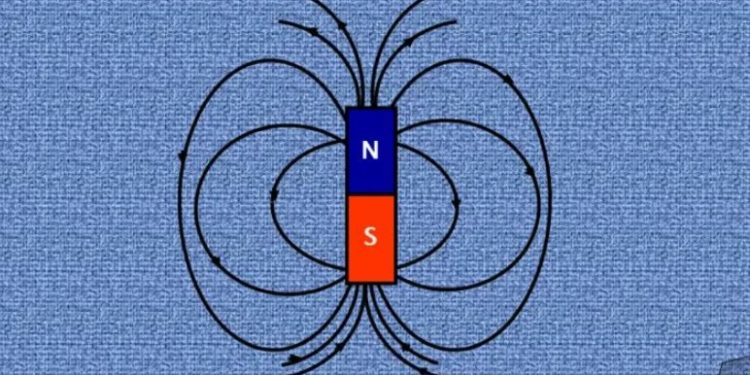#Agriculture #MagneticFields #Glycoalkaloids #StoredPotatoes #CropStorage #AgriculturalScience #SustainableFarming #FoodSafety #AgriculturalTechnology
Potatoes are a staple crop worldwide, highly valued for their versatility and nutritional benefits. However, these underground treasures come with a hidden danger in the form of glycoalkaloids, naturally occurring toxic compounds that can accumulate during potato storage. Excessive glycoalkaloid levels pose serious health risks to consumers, making it crucial to find effective methods to mitigate their formation.
In recent years, researchers have turned to magnetic fields as a potential solution to address this issue. A groundbreaking study conducted, utilizing the latest advancements in agricultural science and technology, has shed light on the impact of magnetic fields on lowering glycoalkaloid levels in stored potatoes.
According to the study, magnetic fields can influence glycoalkaloid formation through a variety of mechanisms. The exposure of stored potatoes to specific magnetic field intensities has shown promising results in inhibiting glycoalkaloid synthesis. This phenomenon can be attributed to the altered biochemical processes within the tubers, which are influenced by the electromagnetic interactions induced by the magnetic fields.
Furthermore, the source of the magnetic field and the method of storage play a vital role in optimizing this approach. Researchers have identified that specific field sources, such as permanent magnets or electromagnets, yield varying outcomes in terms of glycoalkaloid reduction. Similarly, the duration and timing of exposure to the magnetic field during storage need to be carefully calibrated to maximize its effectiveness.
Additional studies have further corroborated these findings, showcasing the potential of magnetic fields as a practical and sustainable solution to reduce glycoalkaloid levels in stored potatoes. The incorporation of magnetic field technology into existing storage facilities and the development of specialized equipment could enable farmers and agronomists to implement this method on a larger scale.
The research conducted on the use of magnetic fields to lower glycoalkaloid levels in stored potatoes offers an innovative and promising approach to tackle this pressing issue. By leveraging the power of magnetic fields, farmers, agronomists, and agricultural engineers can enhance the safety and quality of stored potatoes, safeguarding consumer health and bolstering the overall sustainability of potato cultivation.







